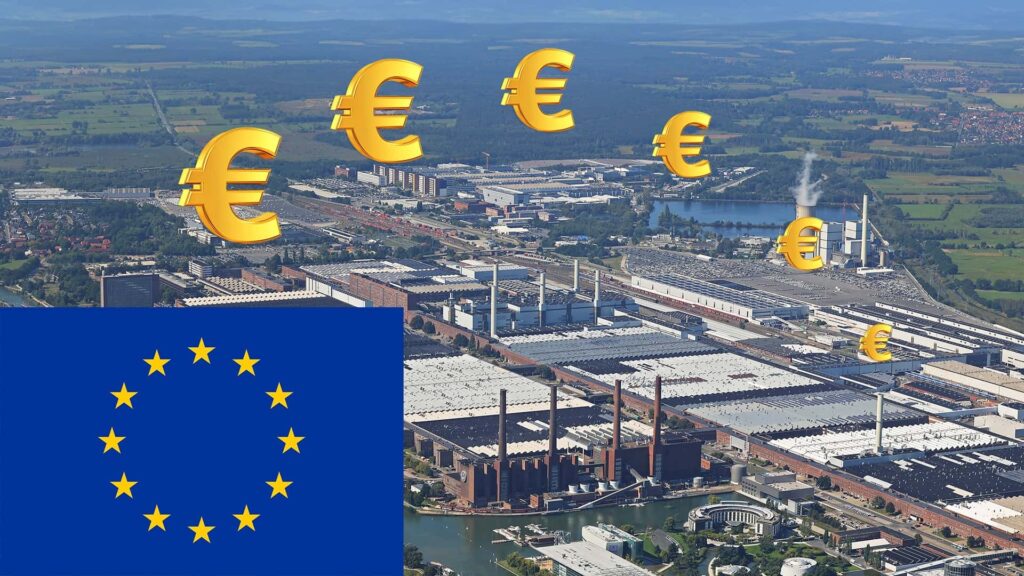The European Union is making significant strides towards accelerating electrification and decarbonization with a new $105 billion deal. This deal is not only aimed at revitalizing Europe’s industrial sector but also at making it greener and more productive. The timing of this initiative is crucial as the United States has been distancing itself economically and diplomatically from its longtime ally.
For over a decade, there have been discussions about the “re-industrialization of Europe” or “Europe’s industrial renaissance.” Despite previous efforts, Europe has not been able to reclaim its status as a manufacturing powerhouse. Like the United States, Europe has heavily relied on technology and manufacturing from abroad, particularly from China.
In response to the shifting dynamics with the US, the European Commission recently unveiled its Clean Industrial Deal, a plan aimed at enhancing EU competitiveness and decarbonization. The deal includes a substantial funding of $105 billion (€100 billion) earmarked for the clean tech sector, with a focus on electric vehicle development and manufacturing, as well as other energy-intensive industries that can be transformed to reduce carbon emissions.
While the deal does not explicitly mention the electric vehicle sector, it is expected to play a significant role in utilizing the allocated funds. The Affordable Energy Action Plan, a key component of the deal, aims to accelerate the rollout of clean energy, promote electrification, enhance energy efficiency, and reduce reliance on fossil fuels. These measures are expected to not only lower electricity prices but also make electric vehicles more affordable and accessible to consumers.
The EU has also implemented import tariffs to deter Chinese manufacturers from selling China-made EVs in Europe, signaling a shift towards localizing production and reversing the outsourcing trend. Several major Chinese automakers are now considering establishing manufacturing facilities in Europe to avoid tariffs, which can be as high as 45.3%.
In contrast to the US, where policies regarding electric vehicles are being reconsidered, the EU remains committed to banning the sale of new combustion engine vehicles after 2035. By 2030, the EU aims to achieve a 55% reduction in carbon dioxide emissions from new passenger cars compared to 2021 levels.
However, there are concerns about the feasibility of these targets, particularly from automakers who have expressed reservations about the pace of transition to electric vehicles. The EU may need to reassess its timeline and goals to remain competitive globally, especially in light of the shifting geopolitical landscape.
Achieving carbon neutrality by the mid-century remains a challenging but essential goal for the EU. Balancing competitiveness with decarbonization targets in a rapidly evolving global market will be crucial for the EU’s industrial revitalization and environmental sustainability efforts.

